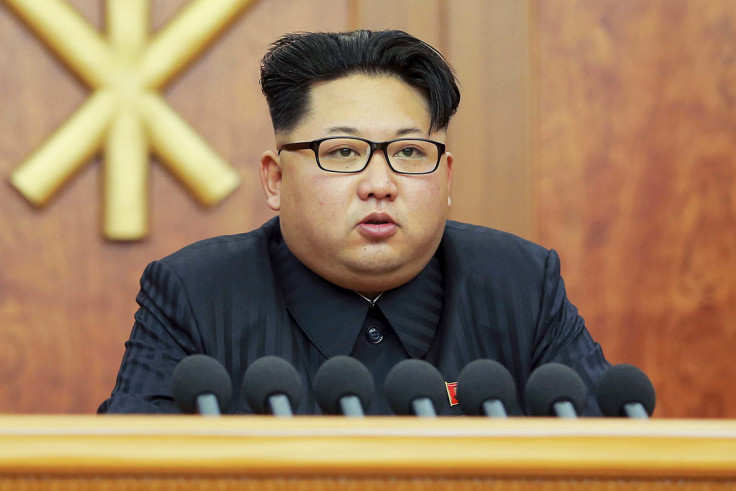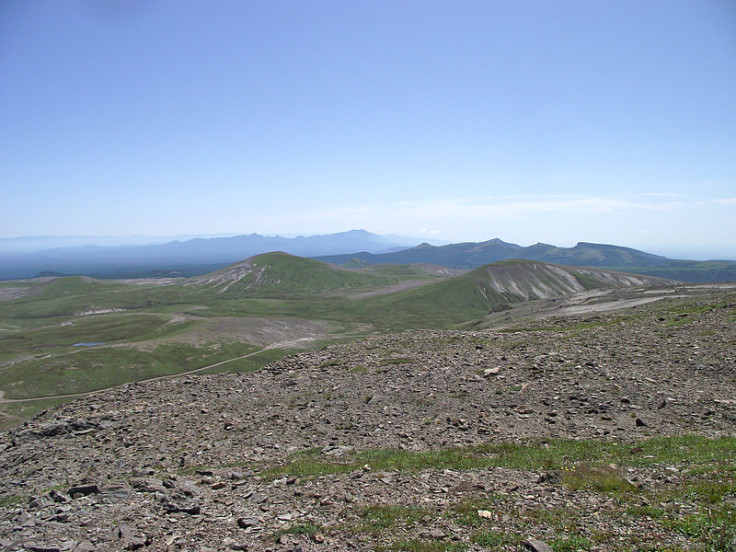North Korea: Fears Kim Jong-un's nuclear tests will trigger Mount Paektu volcano to erupt
Several earthquakes have been recorded at the volcano over the last decade.

North Korea nuclear testing could cause the country's biggest volcano – Mount Paektu – to erupt, scientists have warned. Experts say strong ground motions from explosions have the potential to disturb the magma chamber of the volcano.
Publishing their findings in the journal Nature, researchers – led by Hong Tae-kyung from Yonsei University – said underground testing near the active volcano is a "direct threat". "Strong ground motions induce large dynamic stress changes that may disturb the magma chamber of a volcano, thus accelerating the volcanic activity," they wrote.
"An underground nuclear explosion test near an active volcano constitutes a direct threat to the volcano. This study examined the dynamic stress changes of the magma chamber of Baekdusan [Changbaishan] that can be induced by hypothetical North Korean nuclear explosions."

Mount Paektu has the potential to produce a massive eruption. One of its previous explosions was one of the most violent events in human history. Experts have previously warned seismic activity appears to be increasing at the volcano, with sulphur dioxide levels and seismic uplift indicating its magma chamber is getting bigger.
Researchers modelled hypothetical underground nuclear explosions at a North Korea test site. Their findings showed nuclear explosions with magnitudes of between 5 and 7.6 have the potential to induce overpressure in the magma chamber and trigger an eruption.
North Korea is believed to be carrying out nuclear tests. The most recent took place in early January, which had a magnitude of 5.1.
"North Korean nuclear explosions are expected to produce pressure changes of tens to hundreds of kilopascals, causing concern over the possible triggering of volcanic eruption in textured media," the authors concluded.
© Copyright IBTimes 2025. All rights reserved.






















